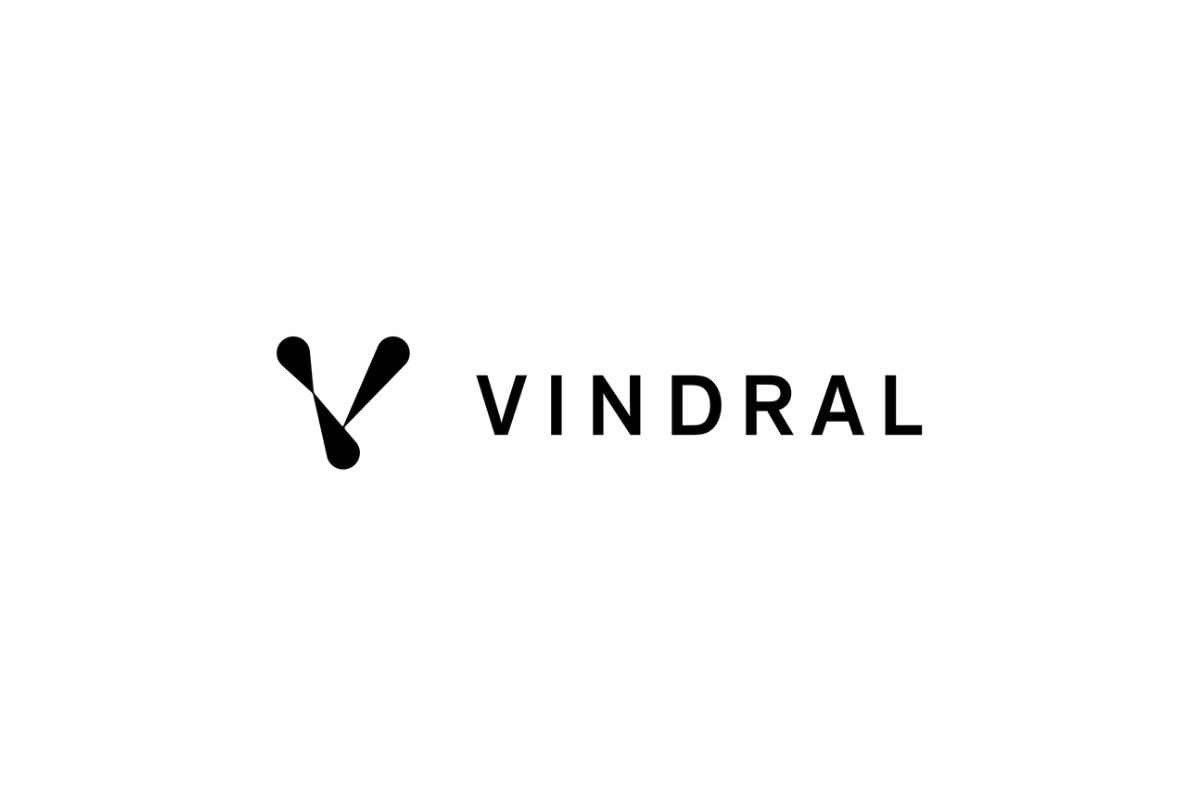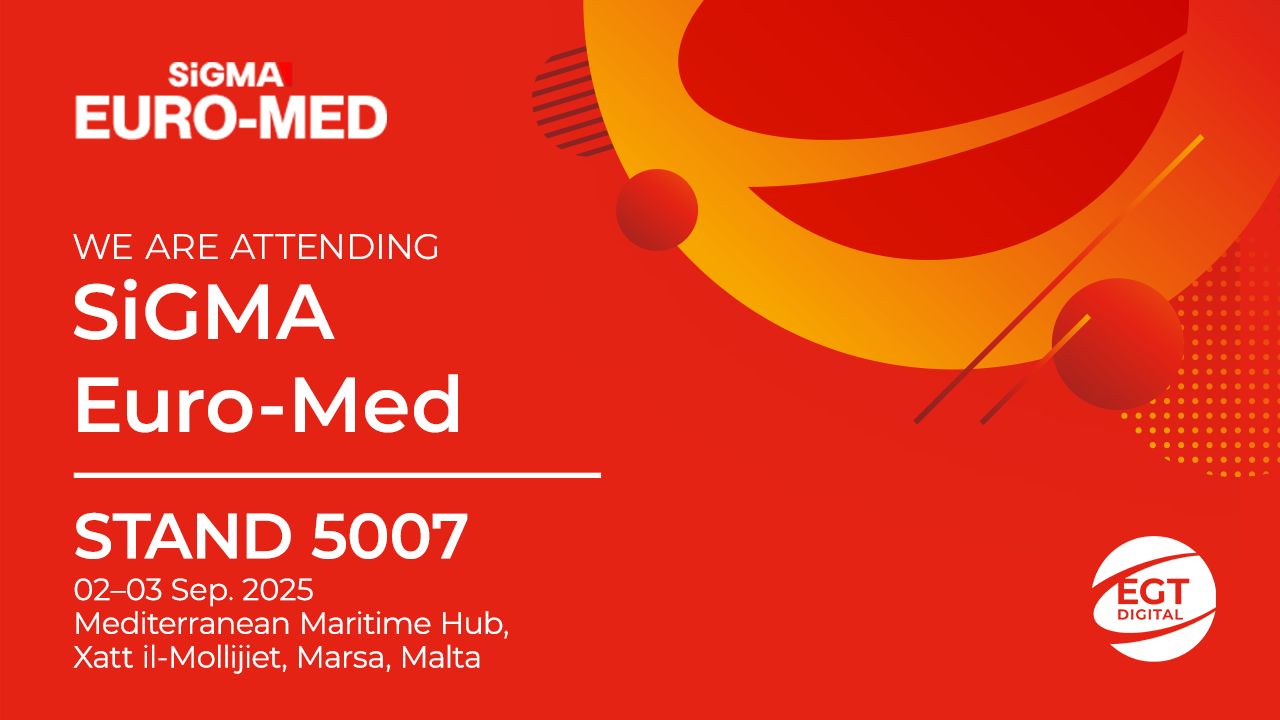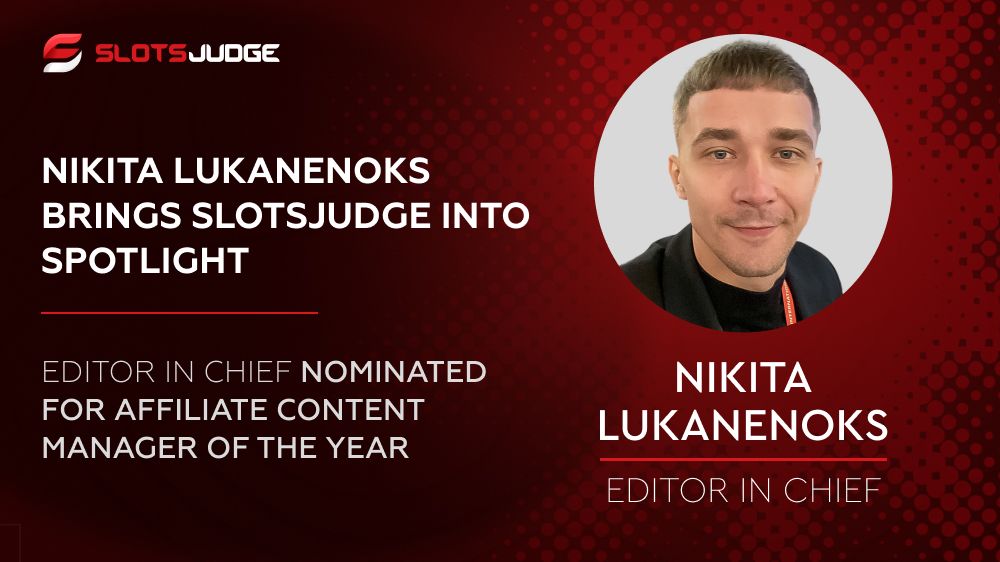Gaming
Mergers and Acquisitions in the European Gaming Industry: Recent Development and Future Prospects

The gaming industry has always been a captivating and dynamic sphere, presenting new titles, innovations, and technologies each year. This constant evolution keeps gamers, developers, and investors alert and engaged. However, the past year has been an especially eventful time for gaming studio consolidations. It is safe to assert that we have witnessed a whirlwind of consolidation unlike any other in the past.
The two largest deals in gaming history were disclosed in January 2022. Microsoft made a stunning announcement of its plan to procure Activision Blizzard for a whopping $68.7 billion. Concurrently, Take-Two Interactive declared its intent to acquire Zynga for $12.7 billion. These acquisitions have irrefutably proven to be game-changing moves in the gambling sector.
The acquisition of Activision Blizzard by Microsoft is a significant manoeuvre that will result in a gaming powerhouse. Activision Blizzard has created some of the industry’s most outstanding game titles, such as Call of Duty, World of Warcraft, and Candy Crush Saga. In contrast, Microsoft is the proprietor of Xbox. Together, the two companies can combine their strengths to generate an unparalleled gaming ecosystem.
Moreover, Microsoft will acquire access to Activision Blizzard’s vast array of games, which will undoubtedly fortify its already impressive Game Pass subscription service.
Merger and Acquisition Activities
Here are a few staggering merger and acquisition activities,
- Embracer Group acquired Gearbox Entertainment, the developer of Borderlands, for a staggering $1.37 billion. Additionally, it also procured Aspyr, a porting specialist, for $450 million, and Easybrain, a mobile developer, for $765 million.
- The European Commission has given its approval to Microsoft’s acquisition of ZeniMax Media, the parent company of well-known game studios such as Doom and Fallout’s Bethesda Softworks. This acquisition has taken Microsoft’s number of 1st party game studios to a whopping 23, cementing its position in the industry.
- EA’s acquisition offer of $1.2 billion for Codemasters has been approved by its shareholders, signalling the deal’s finalization.
- EA has also purchased Glu Mobile, a mobile game developer, for a considerable enterprise value of $2.1 billion, expanding its mobile gaming portfolio.
Primary Factors Driving the European Gaming Studio Consolidation

Despite the pandemic-fuelled boom in the gaming industry, game development remains a precarious undertaking. User preferences can be unpredictable, development costs have skyrocketed, competition is cutthroat, and creative ideas that seem promising at the outset may become commonplace by the game’s completion.
Even the most successful independent game developers or new online casino websites can face challenges while navigating the industry’s difficult terrain. Two such examples are Gearbox Entertainment Co. and Insomniac Games, which were previously stable but have since been sold in the past two years. Such developments underscore the need for strategic adaptability in a constantly evolving market.
Now, let’s take at the reasons behind this trend.
-
Investment Companies and Banks Spending Money
The present investment landscape are marked by a surge of funds from banks and investment firms, which has created an overheated investment environment. As we look ahead to 2023, there seems to be no indication that this trend will abate anytime soon.
-
Bigger Gaming Companies Making Bigger Impacts
In its Q2 2021 earnings report, Microsoft revealed a 51% YoY surge in gaming revenue. The pandemic has caused a spike in consumer spending on video games, resulting in higher revenues for several major gaming companies such as Tencent, Sony, Nintendo EA, L&L Europe Ltd Casinos and Activision Blizzard. This trend is projected to persist as people continue to spend more time at home and explore new sources of entertainment.
-
Studio Acquisitions Secure Content
Acquiring studios is an effective approach to obtaining content for subscription services. The ownership of original content has consistently proven to be a wise and enduring business strategy, and both Microsoft and EA have wholeheartedly embraced this notion. By acquiring studios, they can secure a steady flow of exclusive content for their respective platforms, ensuring long-term success.
Effects of Merger and Acquisitions

Like every other thing, the effects of everything are multiple and complex. Let’s take a look at a few.
-
Bigger Gaming Studios Have Resources and Money for Accelerating Growth
When a smaller studio is acquired by a larger one, it often leads to more rapid and frequent game updates than the smaller studio could have achieved independently. It is due to the greater resources and support provided by the acquiring company, including access to a larger team of developers, better technology, and more substantial funding. As a result, the acquired studio can focus on creating high-quality content while benefiting from the infrastructure and expertise of its parent company.
-
Going Corporate Can Imply Less Creative Freedom
The process of consolidation seems to be mutually beneficial. Acquired companies can ensure their sustainability, while larger studios acquire additional content to satisfy an eager fan base. However, there are also drawbacks to this approach. A market controlled by a small number of dominant companies may lead to limited options, creative stagnation, and increased subscription fees in the long run. It is essential to strike a balance between consolidation and competition to maintain a healthy and thriving gaming industry.
At a creative level, the uniqueness of smaller studios can be quickly eradicated when they are acquired by a larger industry conglomerate. It is precisely this originality that often serves as the most compelling selling point for their devoted fan base. When smaller studios are assimilated into a larger corporate structure, their creative identity may become diluted, and they may lose the qualities that made them exceptional in the first place. As a result, companies must strike a balance between the advantages of consolidation and the importance of preserving the distinctive qualities that made the acquired studio successful.
-
Independent Gaming Organizations Are Grappling to Stay Afloat
In the not-so-distant past, the gaming industry featured a substantial number of independent studios that could produce successful titles with fewer resources and greater creative freedom. However, when these studios encountered financial challenges and budgetary constraints, a wave of acquisitions led by large corporations became inevitable. The industry’s increasing emphasis on blockbuster titles and high-budget projects has made it increasingly challenging for smaller studios to compete. As a result, only a few powerful players are now dominating the gaming industry.
Author
Bart is the lead content manager for Online Casino Groups.Thanks to his background as a journalist in the iGaming industry is he always first with news about online casinos. Bart is working for almost 10 years in the iGaming industry so you can take his fair casino reviews for granted!
-

 Africa6 days ago
Africa6 days agoQTech Games wins Best Innovation of the Year at the 2025 SBWA+ Eventus Awards
-

 Asia6 days ago
Asia6 days agoNODWIN Gaming and JioStar Unveil OnePlus Android BGMS Season 4
-

 Latest News6 days ago
Latest News6 days agoVindral appoints Henrik Fagerlund as Chairman of the Board
-

 Latest News6 days ago
Latest News6 days agoCalema to Perform at Legends Charity Game in Lisbon
-

 Conferences in Europe6 days ago
Conferences in Europe6 days agoEGT Digital and EGT to rock the show at SiGMA Euro-Med 2025
-

 Latest News6 days ago
Latest News6 days agoPush Gaming redefines its portfolio, unveiling new game categories and sub-brand for extended player reach
-

 Affiliate Industry6 days ago
Affiliate Industry6 days agoNikita Lukanenoks Brings Slotsjudge Into Spotlight With Affiliate Leaders Awards 2025 Nomination
-

 Latest News6 days ago
Latest News6 days agoThunderkick returns for an even fierier fiesta in Carnival Queen 2






















